
Opinion | Why New Zealand’s Abortion Laws Are Not Guaranteed
Written by Tia Deb The US Supreme Court’s decision to overturn Roe v Wade in 2022 made headlines worldwide. In Aotearoa, this emboldened anti-abortion activists
Content writer sign-ups via the official form have now closed for 2025. If you’re still interested, please send us an email!
Enjoy the articles written by our Content Team. If you have any questions or feedback, please email us at Content@publicpolicyclub.com

Written by Tia Deb The US Supreme Court’s decision to overturn Roe v Wade in 2022 made headlines worldwide. In Aotearoa, this emboldened anti-abortion activists

Written By Tilourshita Thiagu Since the Taliban’s return to power in August 2021, Afghanistan was rewritten overnight with a series of decrees dismantling women’s rights.

Written by Alicia Yong In May 2025, the National-led coalition government announced changes to pay equity legislation and policy which has been used to bring

Written by Amelie Lim In an age where the boundary between attention and intrusion is increasingly blurred, stalking has become an elusive yet insidious epidemic

Written by Liam Bendall One hundred trillion U.S. dollars is a figure so vast it defies comprehension. With that amount, you could buy Amazon 47

Editors’ note: all figures in the article can be found in the Summary of Initiatives document on the Treasury’s Budget2025 website. Written by Daniel Blundell

Written by Binoli Goonatillake Over its term so far, the coalition government has introduced a number of controversial bills, some of which have passed into

Written by Yeonsoo Son The 2023/24 New Zealand Gambling Survey paints a stark picture of escalating youth vulnerability: approximately 26,000 individuals aged 15 to 24

Written by Niamh Henwood The New Zealand Government introduced the Medicines Amendment Bill to the House of Representatives on the 31st of March this year,

Written by Shreya Bakhshi April 22, 2025, began like any other spring day in Kashmir – pleasant, breezy, serene – until four men targeted and

Written by Dulmi de Silva Introduction The Pacific Islands have re-emerged as a key focus of twenty-first-century geopolitics. As China expands its influence across the

Written by Paige Stephens The volatile global economy has seen a re-emergence of complex and unpredictable trade policies. As impulsive and powerful governments such as the

Written by Asil Kutty The New Zealand Government is making significant changes to its workplace health and safety laws, focusing on benefiting smaller businesses. These

Written by Jackson Irby Imagine a world where you and everyone you know receive a guaranteed monthly payment from the government, no strings attached. As

Written by Nicholas (or Nick) Holden Prime Minister, King’s Counsel, Professor. These are all titles that Sir Geoffrey Palmer has held over his career. Yet,

By David Neal. As part of our ongoing series on the 2025 Defence Capability Plan, this article examines the proposed upgrades to the New Zealand

By David Neal, Content Writer. After months of delay, the New Zealand Defence Capability Plan 2025 was released on the 7th of April, to a
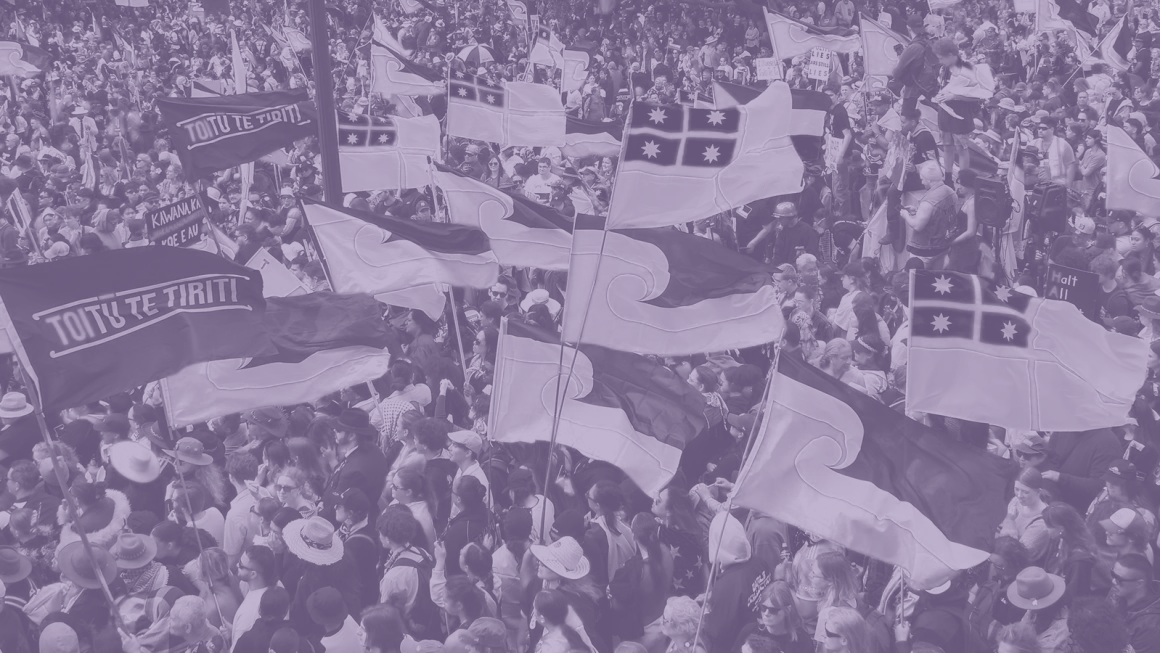
Following the recent rejection of the bill, I unpack the hidden motives, unsaid terms, the overlooked consequences behind its promotion of ‘equality’ over equity, its

By Stevie Hoesel In baseball, a curveball refers to a pitch that appears to be heading in a straight line toward a point but deviates

By Lewis Mugonyi Introduction Artificial intelligence (AI) is rapidly evolving globally, and its incorporation in various sectors of the economy makes it a pertinent policy

By Riley Parnwell The final He Arotake Pōtitanga Motuhake | Independent Electoral Review report was published last November. Experts comprising its panel made over 140

By Oscar Lin Olympics. For many athletes, participating in this rare, once-every-four-year event is a dream. Achieving the world ranking necessary to qualify requires years

By Aamy Roshan Just last month, thousands of Aucklanders marched down Queen Street to protest the Fast-Track Approvals Bill, which was created to accelerate economic
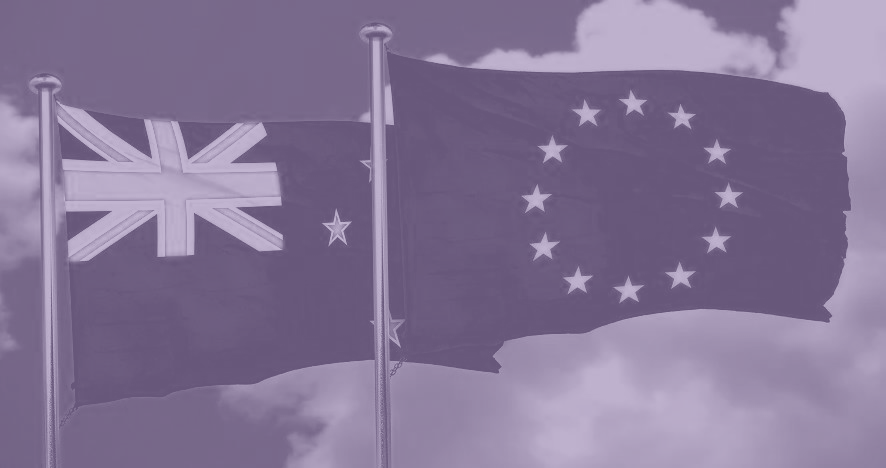
By Lewis Mugonyi Introduction On the 9th of July 2023, New Zealand and the European Union signed a lucrative Free Trade Agreement (FTA) in
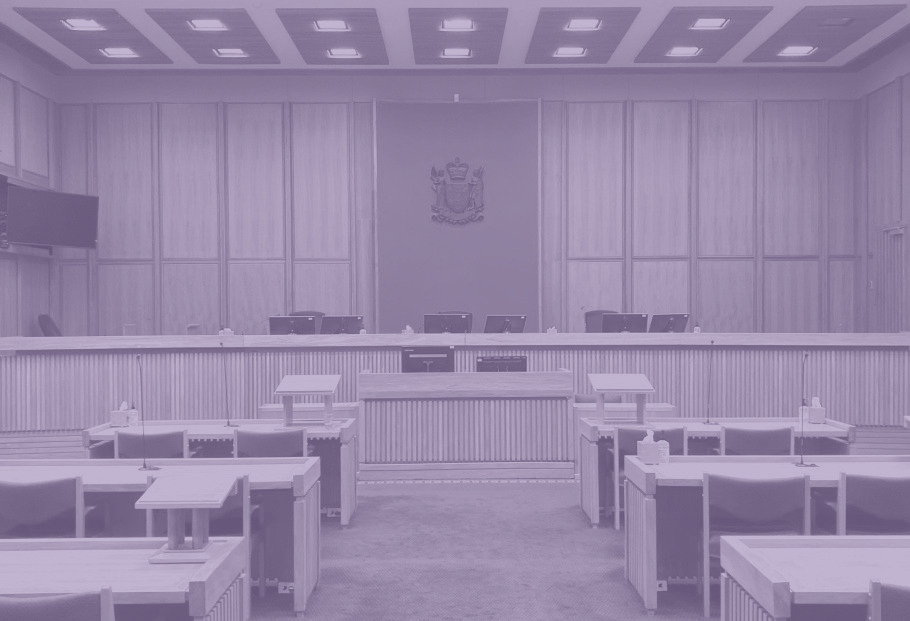
By Laura Oh In a move that has generated widespread concern, the Government’s decision to remove funding for section 27 cultural reports has the

By Thomas Li Colonialism is an aggressive doctrine that derives its inherent roots from imperialism. The purpose of colonialism is geostrategic, as it involves establishing

By Maggie Long There is a stereotype that adults have a hatred towards teenagers and their phones. Whilst previously exaggerated, this stereotype is increasingly becoming
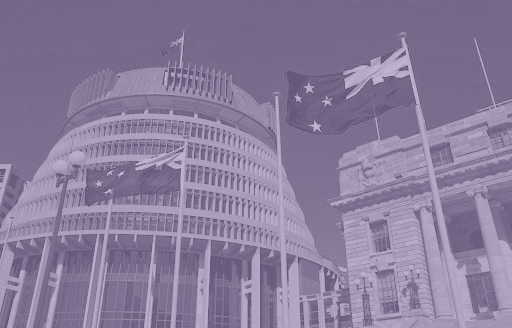
By Riley Parnwell Fair pay agreements: gone. Te Aka Whai Ora: out by the end of June. Three Waters: not happening. The Acts behind

By Aamy Roshan One of the greatest issues facing tertiary students is the ever increasing cost of living. Stats New Zealand found that a quarter

Privatisation of the domestic airline scene has undoubtedly been financially lucrative for New Zealand’s two biggest players. In late August 2023, Air New Zealand announced

Transcribed and edited by Nancy Guo Opening Damien Venuto: “My name’s Damien Venuto and I’m the host of New Zealand Herald’s Front Page podcast. When

By Yvette Brennan ‘Tough on crime’ rhetoric is common among journalists, politicians and Facebook posts. With the increasing media coverage on “ram-raids” and guns, law

By Eden Li Co-governance: Friend or Foe? The recent focus on strengthening co-governance within Crown policy has been received with both confusion, and even outrage

ACT has recently made headlines after releasing its proposal for a new gun policy if they come into government and what consequences this will have.

By Kaisheng Wu Among economists, carbon pricing mechanisms have often been touted as a singularly effective policy response to climate change. As such, the New Zealand
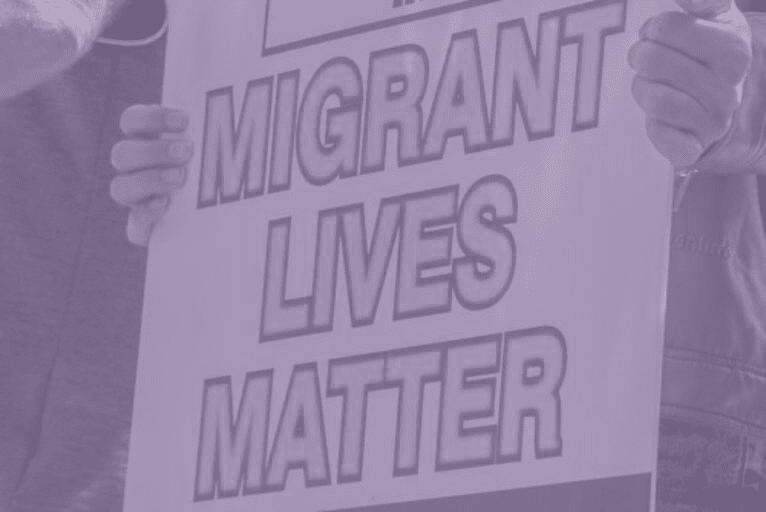
By Aamy Roshan After our tumultuous history with the Dawn Raids era, overstayer amnesty has remained a sensitive topic. The Dawn Raids are what Dr

By Sophie Steel With a promise to increase New Zealand’s literacy rates and classroom attendance whilst also scrapping teacher registration fees, the National Party’s new

Interview by Emilie Baldauf and Genna Hawkins Kia ora and welcome to the third and final instalment of Meet the Mayor. Voting for your local elections are

Kia ora and welcome to the second episode of Meet the Mayor. With your local elections only weeks away, Public Policy Club is excited to introduce you

Kia ora and welcome to the debut episode of Meet the Mayor. With your local elections only weeks away, Public Policy Club is excited to

Written By Samuel Hill In June, the Government introduced its first piece of legislation as part of its planned Three Waters Reform Programme [1]. There

By Simran Sonawalla A new law designed to improve the oversight of agencies responsible for protecting children, and young people who are at-risk is currently
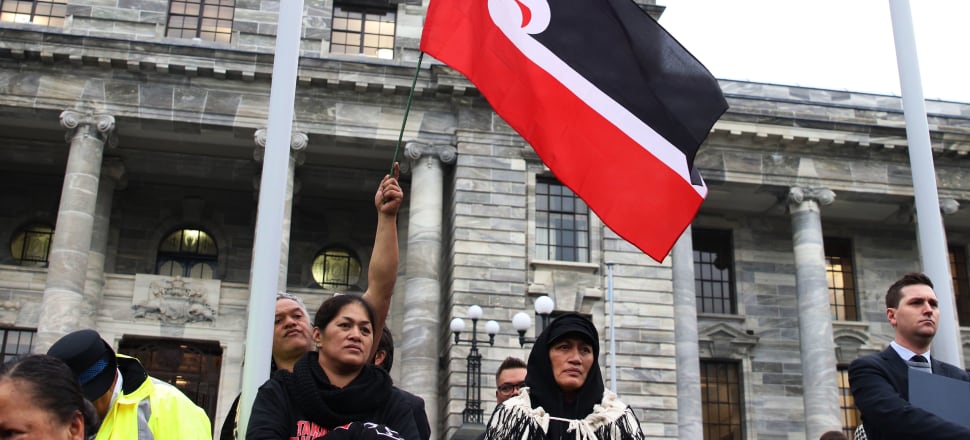
Written by Shirin Ranjbar The New Zealand government is due to abolish the twenty District Health Boards by July this year. The new health system

Islamic Women’s Council national co-ordinator Aliya Danzeisen. [xvi] By Jingshu Xu The Search and Surveillance bill [i] will be up for review this year as

The Right Honourable Trevor Mallard, Speaker of the House of Representatives By Nicholas Langrell-Read I The Speaker of the New Zealand House of Representatives (herein

Written by Ethan McCormick In 2016 the John Key government announced that New Zealand would eradicate all rats, possums, and mustelids by 2050. It’s a

Pictured above: David Parker, Attorney-General of New Zealand. By Emilie Paris Baldauf The Rotorua District Council Representative Arrangements Bill was drafted by the Rotorua Lakes

By Simran Sonawalla After three years in the making, Hon Chris Hipkins announces the release of Aotearoa New Zealand history curriculum, which will be compulsory

An artist’s depiction of light rail in Mt Roskill [1]. By Samuel Hill After several years of talks about light rail coming to Auckland, the

By Raphaël Rauner As the Russo-Ukrainian conflict intensifies, the global geopolitical narrative is shifting. It impacts every actor on the world stage- from small to

By Maddison Lewis Gun violence has become a prominent issue in the public eye. In 2020, New Zealand saw a record-breaking level of gun violence,

Amendments to the Resource Management Act (RMA) promise up to 105,000 houses over eight years [1]. But are these changes going to help end New
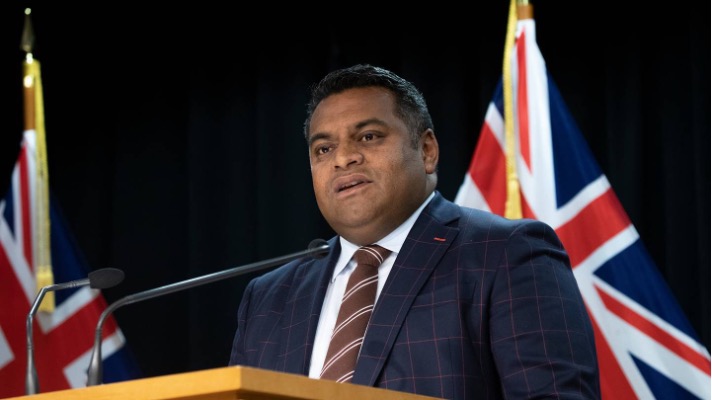
The government is seeking to repeal the controversial three strikes law, which mandates maximum penalties for third-time violent offenders. The debate over the proposed repeal

By Matt Fletcher The complex realities of Covid-19 have had profound effects on economies across the globe – impacting consumers directly in their pockets. Disruptions
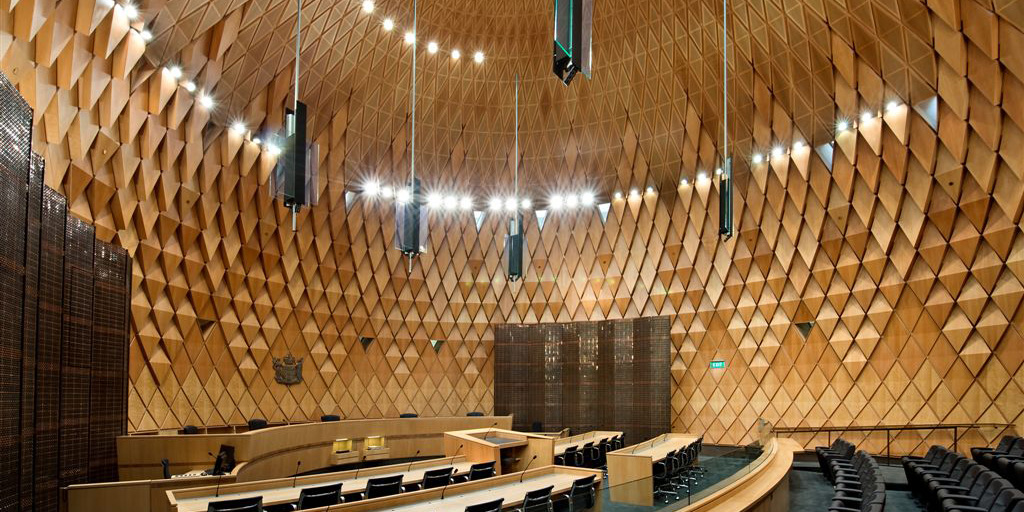
Chief Justice Helen Winkelmann has said the legal aid system is “broken” and on the brink of “collapse” (Hancock, 2021). Have successive governments driven the
COVID-19 is one of the most defining issues in recent history. What seemed like a distant problem that propped up in Wuhan, China, in 2019, quickly transformed the world – locking down countries, economies, and borders.
By Cole Reyno On 4 May, the Labour Government announced a three-year extension to the public sector pay freeze. This freezes the wages of public
By Sara Khatau New Zealand, though a small country, has gained a big reputation for being a moral superpower. In the aftermath of the March
On March 23rd the Government announced a package of policies designed to improve housing affordability and slow down the rapidly increasing price of property. We’re
APPLY TO BE A DELEGATE HERE The Public Policy Club has some amazing initiatives planned for 2021, and we’d love to give our wonderful members the
CO-PRESIDENTS Hi everyone! My name is Heejoo and I’m a fourth-year Law and Arts student, majoring in Politics and Sociology. I joined PPC because I

By Callia Drinkwater Bested only by China and Australia, the European Union is New Zealand’s third-largest trading partner. [1] In 2008, New Zealand entered a

By Pau Sicat The Rwandan genocide in 1994 is widely regarded as the deadliest and “the fastest mass killing in history”. It was led by
The Public Policy is opening Executive Committee positions for 2021! We are looking for passionate and self-led students to be a part of our team.
By Pau Sicat It is quite rare that a government would propose drastic solutions like decriminalising all drugs as a way to alleviate the country’s
By Nick Howell Labour is leading the pack coming up to the general election of 17 October. How have they gained such a formidable lead?

by Callia Drinkwater If the cannabis referendum pamphlet seemed slightly out of touch to you when it claimed that “The proposed Bill does not cover
By Callia Drinkwater Since the 2017 election, six new parties have registered to be included on the 2020 ballot. Among these are a variety of

This is the fifth of our Bants with Baby Back Benches interviews. Through this series we want our readers to get to know the youth
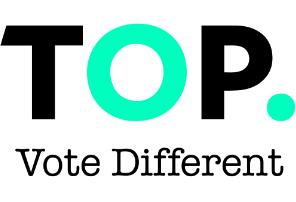
This is the sixth and final of our Bants with Baby Back Benches interviews. Through this series we want our readers to get to know

This is the third of our Bants with Baby Back Benches interviews. Through this series we want our readers to get to know the youth

This is the fourth of our Bants with Baby Back Benches interviews. Through this series we want our readers to get to know the youth

This is the second of our Bants with Baby Back Benches interviews. Through this series we want our readers to get to know the youth

This is the first of our Bants with Baby Back Benches interviews. Through this series we want our readers to get to know the youth

The widespread protest regarding the death of George Floyd at the hands of Minnesotan police officers has brought the issue of systemic racism – both

By Liam Davies As New Zealand’s battle with COVID-19 comes to an end, is an economic battle on the horizon? Comments made by Winston Peters
By Avinash Govind Left Behind: The Story of New Zealand’s Gig Workers Earlier this year, amid the unveiling of the government’s COVID-19 economic response packages,
The potentiality and limitations of the role of evidence on decision-making in policy formulation By Pau Sicat In light of the recent rapid changes happening

By Callia Drinkwater While the sixth week of lock-down comes to a close and the number of COVID-19 continues to fall, the fight is far
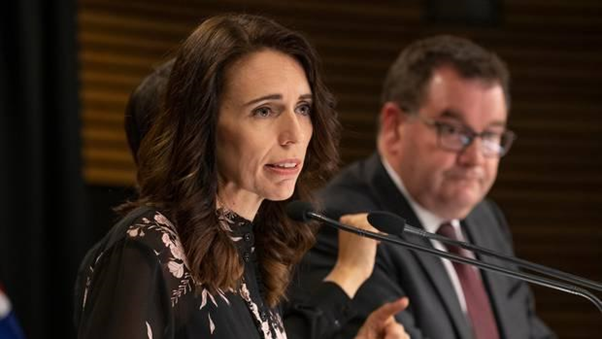
By Paul Simperingham COVID-19 has and will continue to have a drastic impact on the New Zealand economy. Global travel has ground to a halt,

The Public Policy Club has some amazing initiatives planned for 2020, and we’d love to give our wonderful members the opportunity to help out! There

The Public Policy is opening Executive Committee positions for 2020! We are looking for passionate and self-led students to be a part of our team

By Yi Xin Heng Healthcare remains a perennial concern of New Zealanders, which is why the local elections for District Health Board (DHB) candidates should

By Paul Simperingham Voter turnout for local elections in New Zealand has been falling since the 1980s, with the 2019 Auckland race set to be

By Jonathan de Jongh With voting papers now out, the local elections offer important decisions regarding local government for the coming few years. Auckland is currently

By Alfred Kim Auckland Council’s Pre-Election Report stated that “there’s more that could be done; the challenge [of protecting our natural environment] is to decide what

By Ellis Pike So, you’re enrolled to vote in the local elections? For most people, probably not, and for those who are, you might not

By Paul Simperingham Recently, Paul Simperingham of the Public Policy Club’s content team sat down with three of the University of Auckland’s most prominent economists

By Alfred Kim The New Zealand Government proposed a new approach to the Budget on 30 May 2019: one that aims to instil hope for
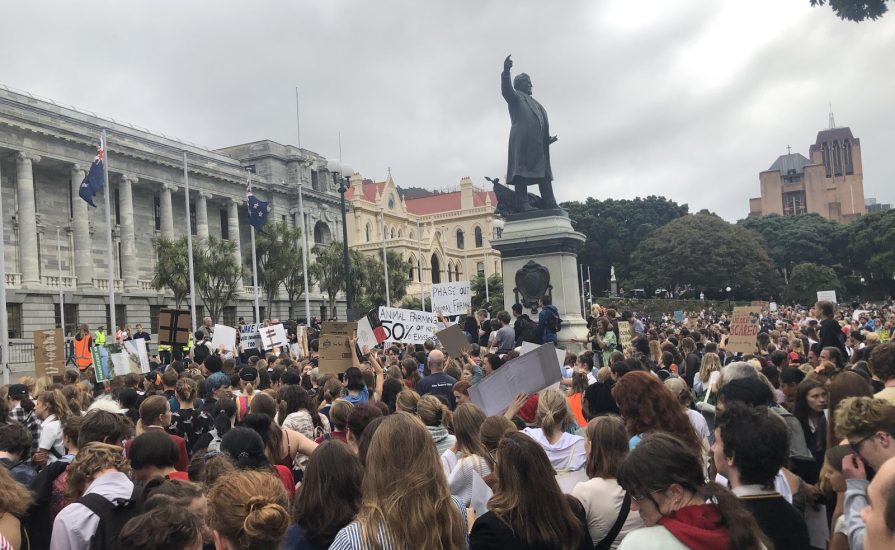
By Yi Xin Heng When asked to identify the biggest existential threat to the United States, four candidates in the first night of the US

By Ellis Pike The End of Life Choice Bill is a private member’s bill introduced by ACT Party leader David Seymour in 2017. It passed

By Jonathan de Jongh The popular mobile app ‘FaceApp’ has come under fire recently after a media scare alluded to the app being able to
By Alfred Kim The future holds exciting prospects with the development of artificial intelligence (AI). Public policy will have to develop accordingly to facilitate this
By Ellis Pike In the wake of the horrific Christchurch attacks on the 15th of March that killed 51 people, the government will be looking

By Yi Xin Heng The state’s duty to intervene when situations go awry for children has been imprinted in the nation’s consciousness as early as

By Jonathan de Jongh Due to continued disagreements and compromises behind the walls of the Beehive, several laws have been stopped in their tracks or
By Jasper Poole In 2015, the Supreme Court of New Zealand became the unlikely scene of what is perhaps the first of many legal battles

By Paul Simperingham What is the One Billion Trees Programme? The incumbent coalition government has set the goal of planting one billion trees in New

By Matt Fletcher Last December, the Labour-led Government of New Zealand announced its intention to raise the national minimum wage to $17.70 per hour, effective

The Public Policy Club is looking for dedicated students to join the club as general delegates, content writers or to be a part of our